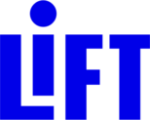At LIFT, Coaches are guided by a powerful mission: Help families and communities break the cycle of poverty by investing in parents. Working with members one-on-one shows us the importance of individualized coaching that centers each parent’s unique lived experiences. We know that to truly help parents break the cycle of poverty, we must build a historical understanding of oppression and racism. Poverty is not a matter of individual failings or a lack of “hard work,” it is the result of centuries of discrimination against Black, Indigenous, and other communities of color.
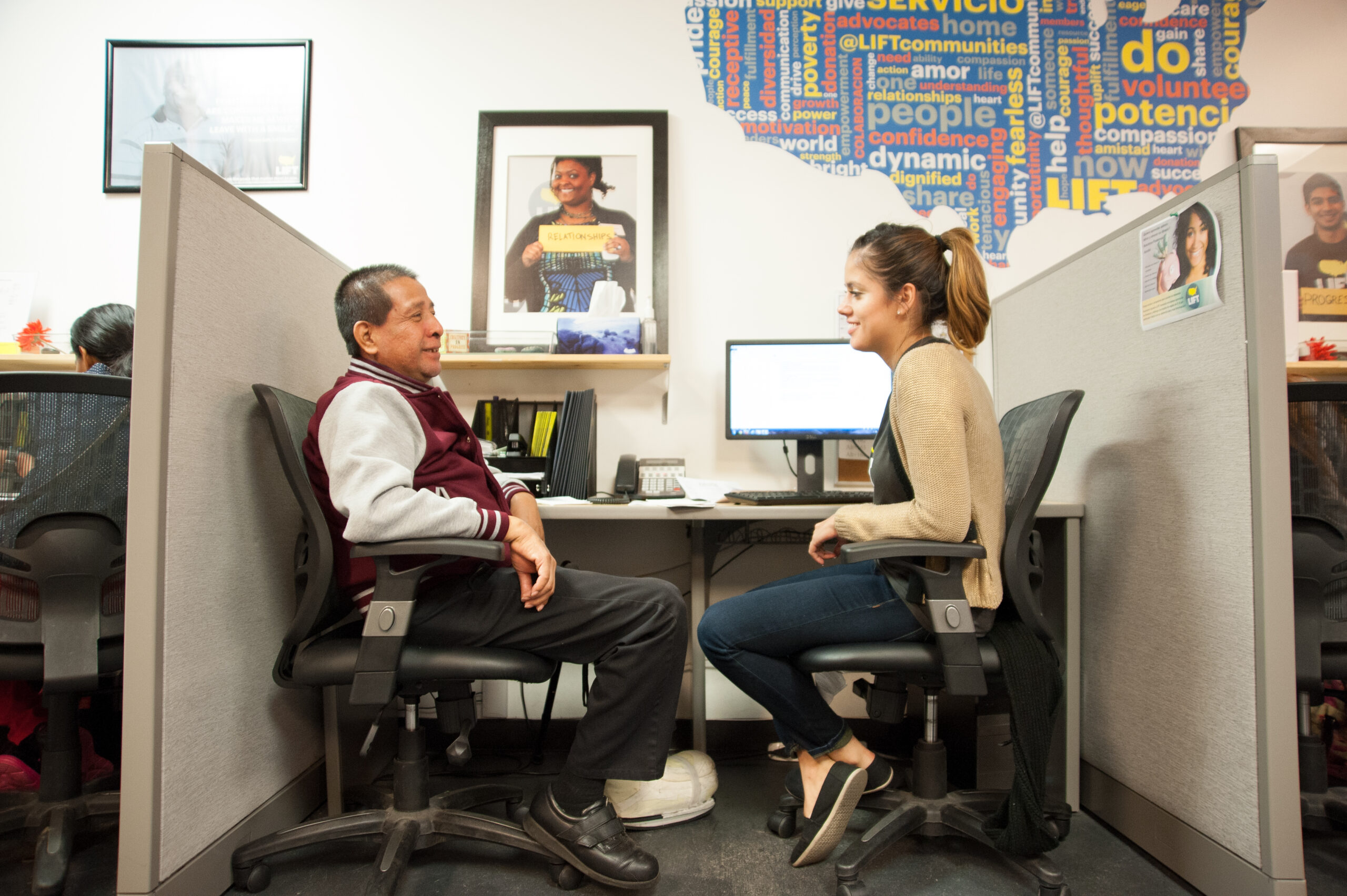
In the U.S. nearly 40% of the population can’t cover the cost of a $400 emergency, and as Coaches we see how a complication that could have been solved with just a few hundred dollars can result in a multi-generational loss of wealth, security, and well-being for our members. While 40 million people in America live in poverty, the poverty rate for Black and Latinx people is more than double that of white people. This stark difference in economic standing is due to the racial wealth gap. Emerging from slavery, exacerbated through the era of Jim Crow, and continued into today’s discrimination, these injustices have compounded over centuries and stripped access to wealth building for communities of color.
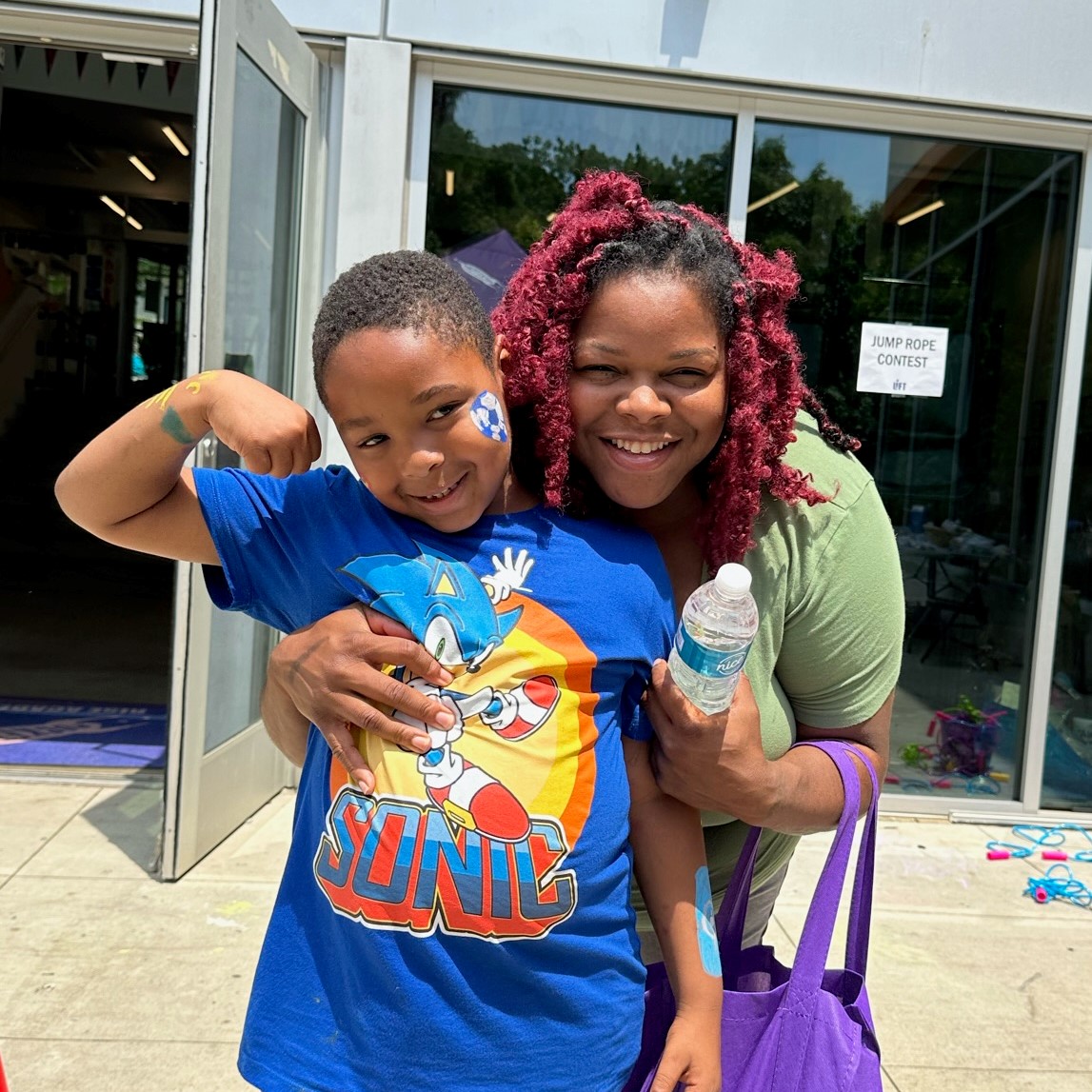
As a Coach, I can say without hesitation that one of the most powerful interventions for disrupting this cycle is an unrestricted cash transfer program. Changing the material conditions of parents has a radical positive impact on the wellbeing of themselves, their children, and their communities. When parents have more financial slack, they are empowered to pursue better career and educational opportunities without having the weighty burden of the daily financial stress and uncertainty hanging over them. Every member I work with has expressed just how significant having consistent unrestricted cash payments is to their success. And the benefits of such a program extend beyond our coaching meetings.
LIFT’s model focuses on the 2Gen approach to breaking the cycle of poverty, and this generational approach to understanding how trauma and poverty is passed down through families and communities becomes clearer when we look at one of our most violent institutions: incarceration. The disproportionate of Black and Latinx people incarcerated in the U.S. is another factor that keeps families and communities trapped in the cycle of poverty.
After the 13th amendment did not outlaw slavery as a punishment for “crime” in 1865, slaveowners relied on incarceration as a functional replacement for slavery. From Black Codes that imposed cruel restrictions on Black people to a convict leasing system that required an incarcerated population, Black people were systematically moved from the plantation into prisons. Those who were not incarcerated were forced into exploitative working arrangements like sharecropping that prevented any accumulation of wealth. In the 20th century, banks targeted Black communities and coerced them into predatory financial commitments that funneled more Black people into prisons while financially destroying families. And now in the 21st century, we live in a segregated society built on decades of redlining and gentrification that have created overly policed societies and the highest incarceration rates of any country.
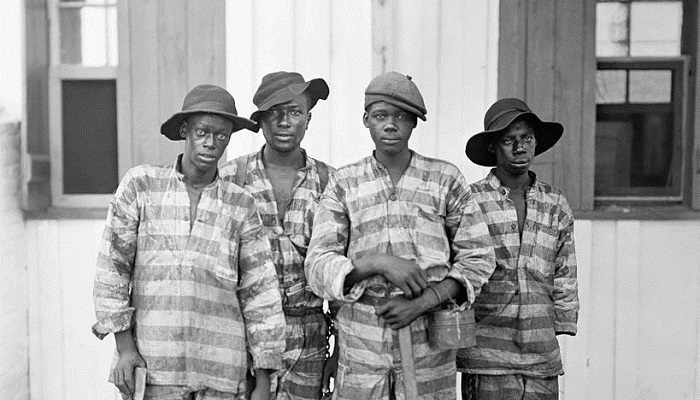
As of 2022, Black and Latinx people make up 32% of the U.S. population but 56% of the incarcerated population, and nearly half of all incarcerated people are parents. In 2018, 20% of Native children, 13% of Black children, 6% of Latinx children, and 6% of white children have experienced parental incarceration at some point in their lives.
The effects of incarceration are devastating. On average, a person loses $500,000 from being incarcerated. Formerly incarcerated people are excluded from many types of employment, forcing them into exploitative and low-paying jobs. Incarceration disqualifies people from public benefits including subsidized housing, food stamps, and cash assistance, all of which are proven to drastically reduce recidivism. Families also feel the consequences – children with incarcerated parents experience cognitive and behavioral traumas that contribute to greater rates of incarceration and homelessness for Black and Latinx youth.
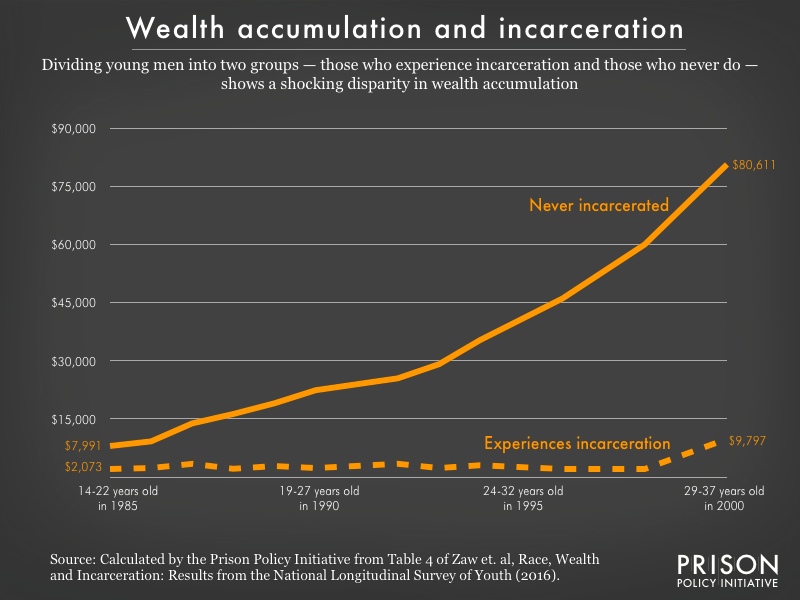
The effects of incarceration are devastating. On average, a person loses $500,000 from being incarcerated. Formerly incarcerated people are excluded from many types of employment, forcing them into exploitative and low-paying jobs. Incarceration disqualifies people from public benefits including subsidized housing, food stamps, and cash assistance, all of which are proven to drastically reduce recidivism. Families also feel the consequences – children with incarcerated parents experience cognitive and behavioral traumas that contribute to greater rates of incarceration and homelessness for Black and Latinx youth.
But, like we always say at LIFT, there is still HOPE. Unrestricted cash transfers and guaranteed income payments have been proven, time and time again, to drastically reduce recidivism and interrupt the cycle of poverty. Whether the MONEY is used to keep up with legal fees that often result in more jail time or provide necessities to a family that has been reunited after years, no-strings-attached cash uplifts individuals, families, and communities all at once. When formerly incarcerated people are given the resources to focus on healing and LOVE instead of trying to survive, they begin to chip away at the centuries of odds stacked against them. When we give money to the most targeted and oppressed people in our society, we reaffirm their humanity, wisdom, and agency to invest in a safer future for all.
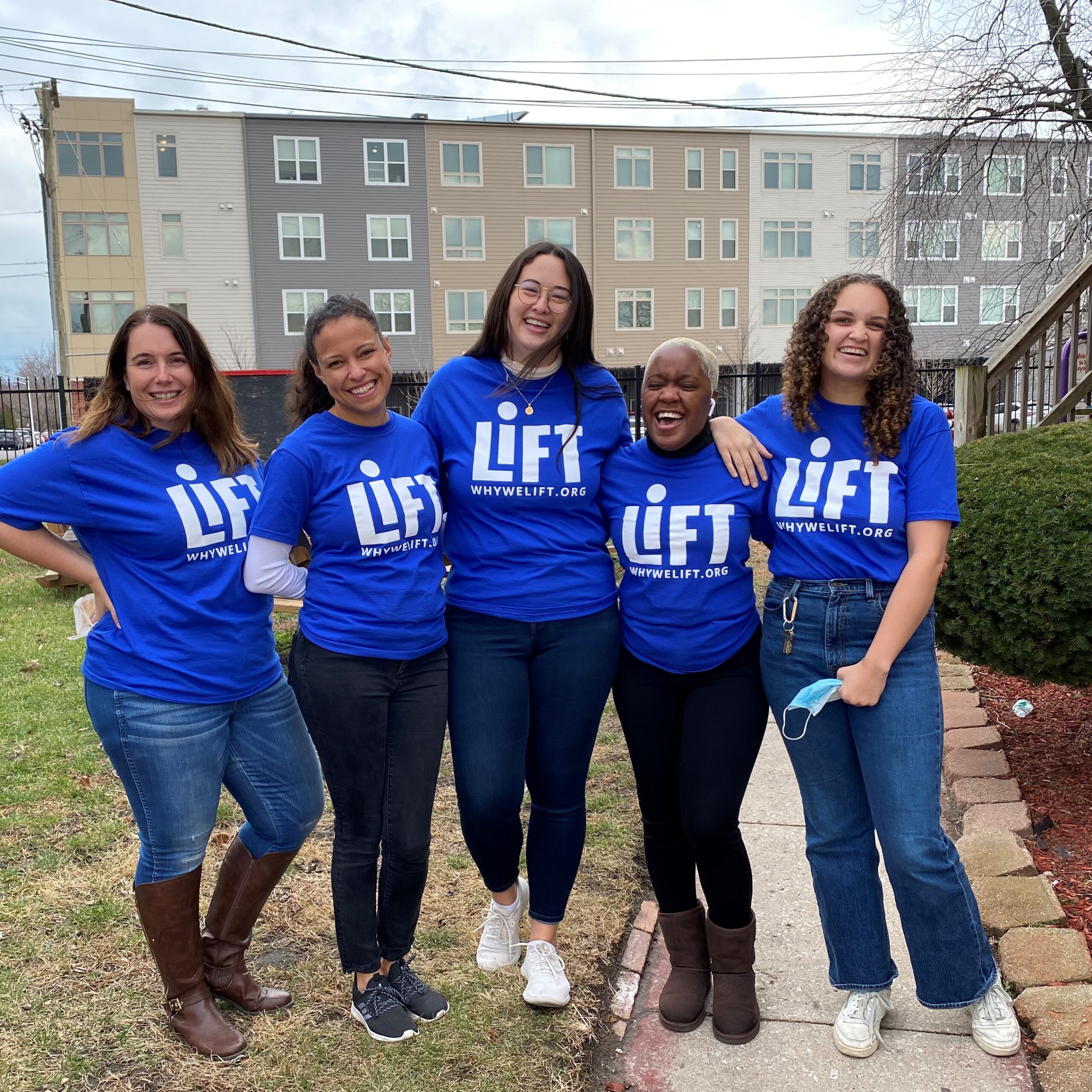
Unrestricted cash payment are a game changer in breaking the cycle of poverty and reducing recidivism, but addressing the impacts of mass incarceration requires the abolishing of prisons and policing. For more information on the harms of mass incarceration and the path toward abolition, visit https://www.prisonpolicy.org/ and https://www.8toabolition.com/.
Tanaya Sardesai is an outgoing Coach and Communications Intern entering her second year at the Columbia University School of Social Work. They will be working at the Alameda County Public Defender’s Office in the post-conviction social work unit this upcoming year. Tanaya is looking forward to using the skills she has developed as a LIFT Coach towards building trauma-informed, community-centered forms of accountability and healing.
